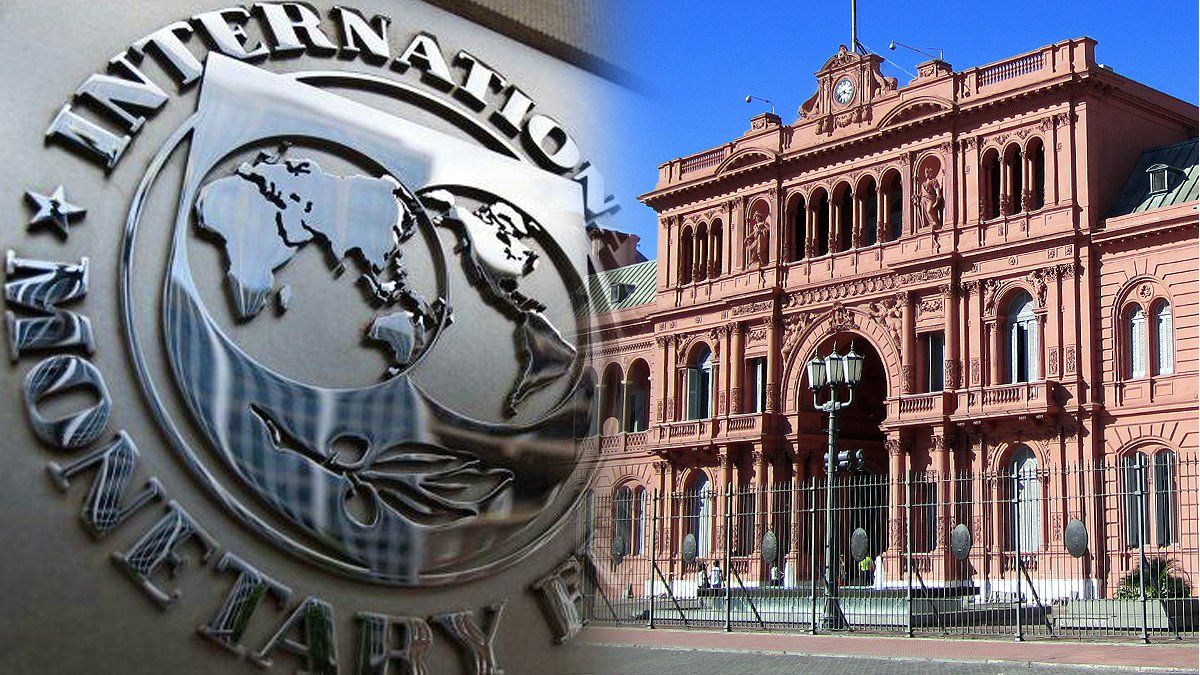At the moment, according to what could be observed between Monday and Tuesday, Argentina seems isolated from what is happening in the international markets. While the main stock markets suffered sharp falls, the S&P Merval remained on the rise, whose investors seem more concerned. for the local aspect that for the external one and with expectations to the novelties on the agreement with the IMF.
Inflation
The most relevant thing for the country in terms of the geopolitical conflict would be the price of raw materials, especially grains and other export foods. As is already known in Argentina, some products are anchored to international prices – for example the case of wheat – where the local impact would be felt in food inflation. It is for this reason that the Secretary of Internal Trade, Roberto Feletti, has already confirmed the government’s will to advance in the trust of key products to decouple internal values from international ones. With inflation expected to be 50% according to private consultants – and the draft of the agreement itself – it becomes imperative to prevent the increase in food from being greater so as not to further misalign other prices in the economy in addition to the known impact on the table of Argentines.
Energy
Regarding energy, the Government is preparing to reduce subsidies for the middle and upper segments of the population. Last year, the price of oil increased sharply until it took the price of a barrel above US$80, but the Secretary of Energy – even with frozen prices – managed to decouple the international price from the domestic one. If there were war in Ukraine, the flow of Russian oil and gas to Western Europe could be cut off and it is feared that oil will rise to $150 which would put extreme pressure on core countries and hamper the growth of the economy of those countries .
How would it affect Argentina? The country still does not have energy sovereignty and needs other countries to import, paying much higher prices, increasing costs and pressing for an increase in gasoline and tariffs. If the government decided to avoid the impact with subsidies, it would compromise the reduction of the fiscal deficit with the IMF. If it did not do so, it would have to increase rates and thereby produce a direct effect on inflation.
capital flight
The conflict between Russia and Ukraine plus the imminent rate hike in the United States will drive capital away from emerging markets. Countries with high uncertainty such as Argentina need to send reassuring signals and in this sense the agreement with the IMF is a fundamental step. The agreement with the IMF will help soften the local impact of this scenario of greater global uncertainty.
In this framework, where one of the IMF’s pillars is to increase reserves and finance itself through international organizations and strategic partners, investors are fleeing emerging markets and taking refuge in safe assets, such as gold and United States Treasury Bonds. Joined. For that, they get rid of placements in the local emerging currencies and buy dollars to acquire their new preferences, injecting pressure on the local exchange market and making the dollar more expensive globally.
On the positive side, the Central Bank’s goal will be to accumulate reserves for this year of around US$5 billion. Yesterday, the World Bank already generated some peace of mind by announcing that it will grant Argentina a loan for US$2,000 million during 2022. To this is added one more aspect: Due to geopolitical tensions, the expected cut in agriculture could be offset by the rise in raw materials that is expected in the event that the conflict between Russia and Ukraine escalates.
Source: Ambito
David William is a talented author who has made a name for himself in the world of writing. He is a professional author who writes on a wide range of topics, from general interest to opinion news. David is currently working as a writer at 24 hours worlds where he brings his unique perspective and in-depth research to his articles, making them both informative and engaging.




